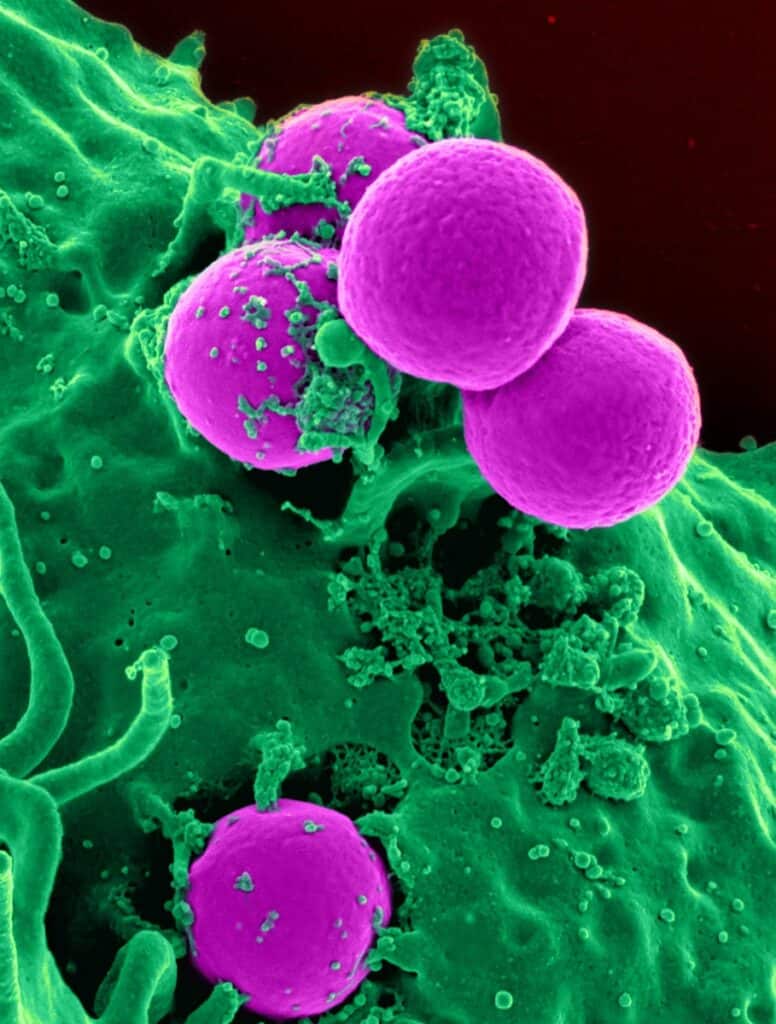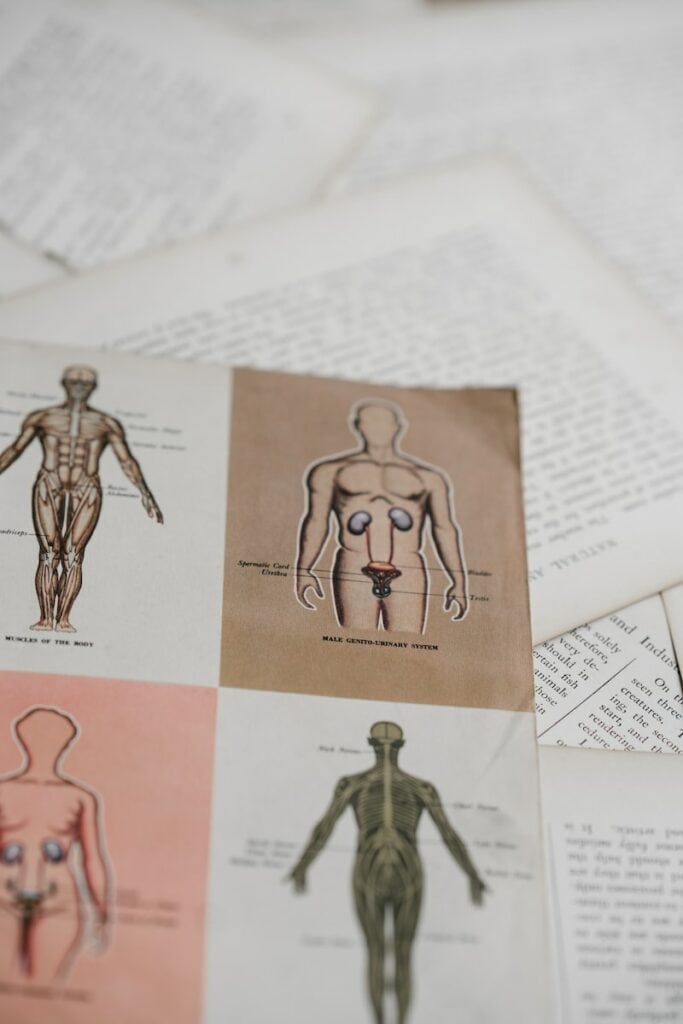What is Homeostasis?
Life is hard and it takes a tremendous toll on you yet your body automatically heals itself day after day. Over your lifetime it will adjust to the demands made on it in all sorts of ways. It will get stronger or faster or be able to move for longer depending on what is asked of it.
What is amazing is that you do not make these adaptations happen it is your body that makes them happen because it is listening very carefully to everything that happens to it. All the trillions of cells that make you up are sensing every little thing that happens and they automatically respond to what they learn. What is truly fantastic is that you do not have to do anything. Your cells automatically adjust as part of this unfathomably complicated yet beautiful dance that every cell of every human does every second of every day for the whole of a human life.
This my friends is what balance is about in the context of humans. A healthy human being automatically maintains the balance of their inner environment to very specific limits without even being aware of it. If that sounds amazing then you are beginning to grasp just how advanced you really are and how lucky you are to be human.
humans are still more complicated and valuable than the technology they create

This incredible feat of engineering comes as standard in every organism alive because it is a basic part of cell biology and complex organisms such as humans simply have trillions of cells all maintaining themselves automatically all the time. The more technical name for this automatic regulation process is homeostasis, from the Greek words for “same” and “steady,” and refers to any process that living things use to actively maintain the fairly stable conditions necessary for survival.
A more scientific definition of homeostasis is:
A state of balance among all the body systems needed for the body to survive and function correctly. In homeostasis, body levels of acid, blood pressure, blood sugar, electrolytes, energy, hormones, oxygen, proteins, and temperature are constantly adjusted to respond to changes inside and outside the body, to keep them at a normal level.
National Cancer Institute
In my 30 years of research exploring every aspect of humanity I can get my hands on I have consistently noticed that our quality of life is determined by our ability to achieve homeostasis which in plain English means our ability to recover our balance throughout each day.
Our health suffers if we are unable to recover correctly on a daily basis and the biggest mistake we make is to take this automatic process for granted because as I explained at the start the process is finely tuned to listen to everything we do each day. Therefore the way we live directly impacts our health and modern life does not reflect the way we are designed to live so we no longer give our bodies the signals they need to maintain themselves correctly.
In general, people are unaware of how their bodies work and even less aware of the effects of the lives they lead on their being. This lack of understanding means we no longer live in the ways humans are designed to live. So the feedback mechanism that our activities are supposed to provide to our cells and organs is not giving the correct signals which means our bodies do not restore balance properly and over time our health suffers and our potential as humans declines.

Homeostasis is so integral to life that I have found it to be the bedrock on which my health and potential are based. Whenever I refer to balance through this site I am referring to the basic principles of homeostasis. Each individual cell is as complicated as a city with all the infrastructure, complex frameworks, resident workers and jobs that all need to get done every moment of every day. So the topic of maintaining balance in an organism with trillions of cellular cities such as a human is central to every moment of our lives.
Your body wants to heal and it needs your support
In reality, the processes behind homeostasis are focused on the recovery of balance because nothing in life is truly static. All systems that underpin life are in a constant battle to find the balance between supply and demand.
To give you a more practical example and apply theoretical knowledge to reality let us consider at a very basic level what happens during breakfast when you go from a fasting state to a fed state.
During breakfast your nutrition balance changes from an under-supply of nutrients like water, sugars, fats and vitamins before the meal to an over-supply of these nutrients after the meal as digestion occurs and nutrients are dispersed within the body.
Between each meal your body may hit a state of perfect balance between supply and demand of nutrients but as the gut empties and the body reverts to using stored nutrients over those from the meal the balance will change to under-supply. So the state of perfect balance is fleeting.
If we focus more closely we will find that the body is never in a state of total balance at any one point even though as a whole it is considered balanced. One moment there may be too much water, too little salt, just enough fat and so on and in other moments that balance will change so your body must adapt its homeostatic recovery mechanisms accordingly to regain balance.
We may also be balanced overall but specific areas may not be for example our gut may have plenty of water because we have just had a drink but that water has not yet reached our organs which may be dehydrated.
References
- National Cancer Institute definition of homeostasisA level biology cell wall. The basic principles I learnt from biology apply throughout human daily life.
- Mechanisms controlling cellular and systemic iron homeostasis A review of the highly orchestrated regulatory systems that control cellular and systemic iron fluxes ensuring sufficient iron delivery to target proteins is maintained, while limiting its potentially deleterious effects in iron-mediated oxidative cell damage and ferroptosis.







